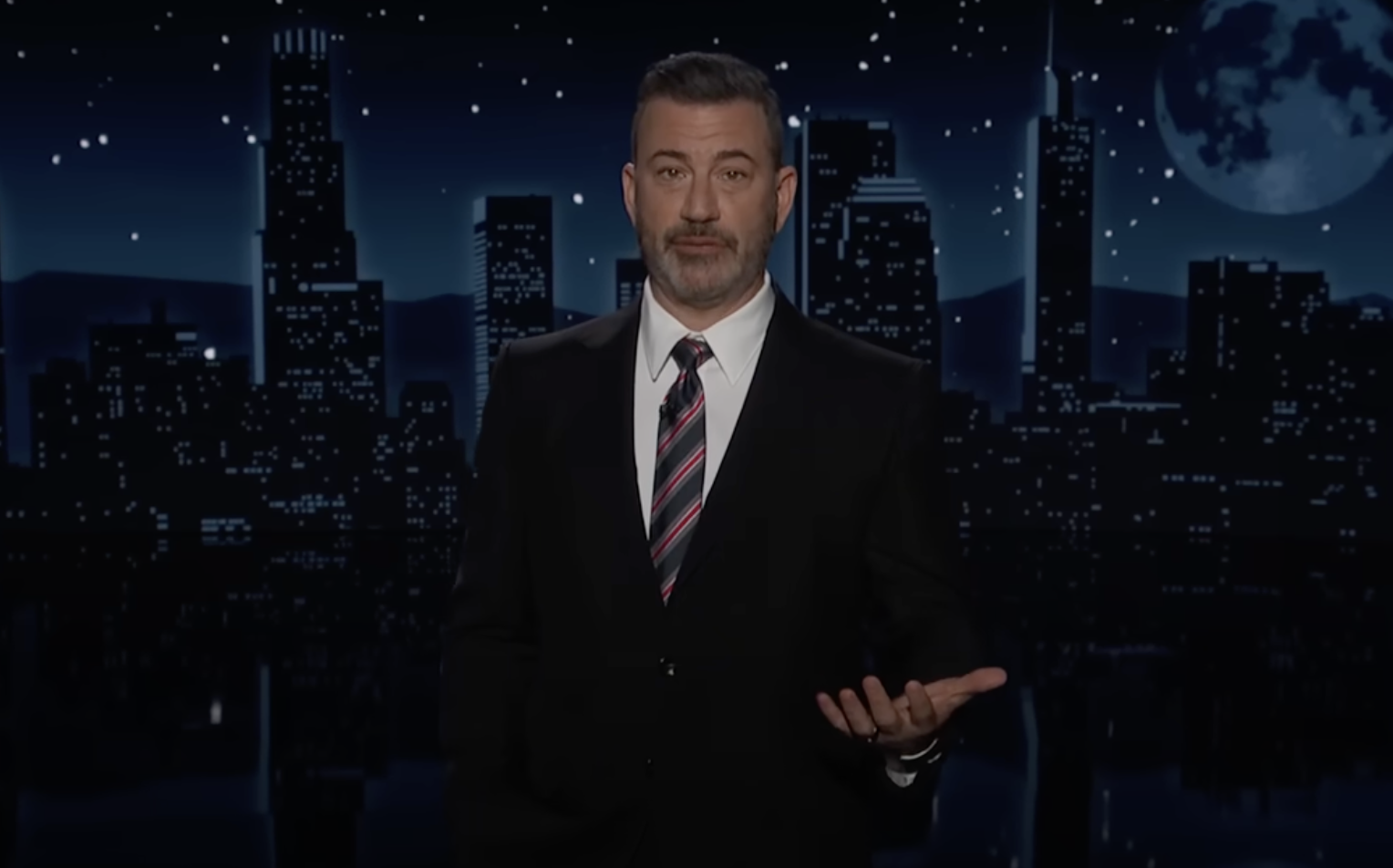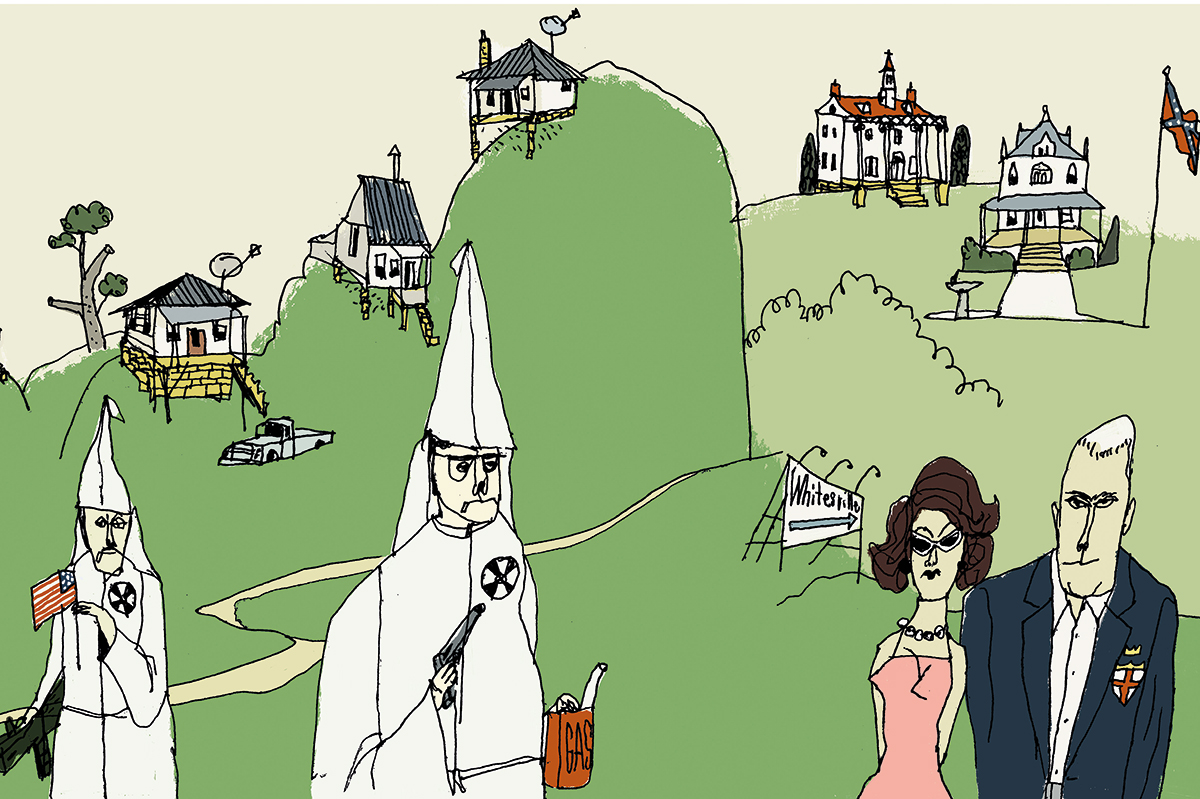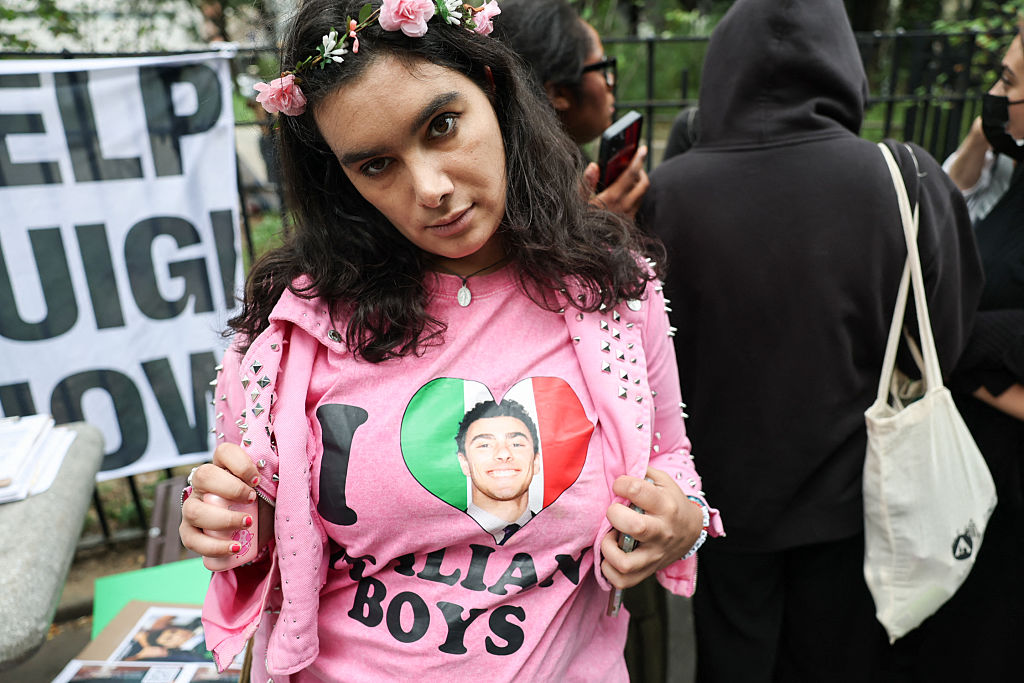When a white mom called a black kid the N-word the immediate expectation was that she’d be canceled, possibly arrested. It was not that just a few days later she would have $700,000 in the bank.
Shiloh Hendrix accused a five-year-old Somali boy of rummaging through her diaper bag in Rochester, Minnesota, last week. “Did you call that child the N-word,” a man who filmed her asked. “Yeah,” Shiloh snarled back, “if he’s gonna act like one.”
She didn’t back off. She repeated the accusation, then turned on the man filming her with a string of insults.
The video quickly went viral. But Shiloh didn’t follow the usual playbook of hunkering down to weather the online storm. She fought back. On GiveSendGo, Shiloh painted herself as the victim. “My eldest child may not be going back to school,” she wrote. “Even where I exercise has been exposed.” No apology. No reflection. Just a narrative: I’m being hunted for speaking the truth. Her actions didn’t matter, her enemies did.
And it worked. As of this writing, she’s raised nearly $700,000 – more than double that of the young boy.
Her supporters didn’t praise her words. Most didn’t mention them. They hated her enemies: the left is unhinged, they think. Cancel culture is out of control. The media is weaponized. In their eyes, Shiloh had been chosen by the mob – and that made her sacred. She became a kind of folk saint: the bullied mama bear, the unbowed Christian, the victim of another zealous application of “hate speech.”
The whole scene felt eerily familiar.
Not five months ago the world had another antihero. Luigi Mangione. Ivy-educated. Cable-knit clean. Jawline like a Kennedy, posture like a podcast host who reads Debord. He is accused of executing UnitedHealthcare CEO Brian Thompson on a Manhattan sidewalk in cold blood.
But the internet moved fast. Subreddits. Petitions. “Deny. Defend. Depose.” banners over Lake Shore Drive. Thanks to a morally untethered culture of binary group membership, he became a revolutionary overnight. Not because people admired the act – but because they hated the system and hated the people that loved it. Luigi was the enemy of their enemy. And that was enough.
This isn’t a racial mirror. Shiloh’s defenders didn’t cheer her slur. They rallied because she was in the crosshairs of the machine – the same one that’s tried to cancel comedians, teachers, pastors, parents. That’s the algorithm now: if the left hates you, you’re probably doing something right.
So, is Shiloh the right’s Luigi? No. They’re not the same – Luigi’s act was worse by orders of magnitude – but the alchemy that made them heroes is nearly identical. This is the new algorithm of tribal ethics: if they’re aligned, aggrieved, and on top of that, attractive, absolution is automatic.
This moral confusion didn’t appear out of nowhere. For decades, the intellectual left has chipped away at the foundations of Western ethics – replacing shared virtue with academic jargon, and moral clarity with identity math. Postmodernism taught us that truth is relative. Critical theory taught us that justice is group-based. Together, they reshaped public life: not as a contest of ideas, but as a conflict between collectives.
The result? We’ve lost the “I” in favor of the “we.” We’re not a community of individuals, but coalitions of grievance. And once you’ve been taught that identity is everything, and morality is subjective, what’s left to hold the line? Nothing but allegiance.
Now, when someone on our team does something grotesque, we don’t have a moral reckoning. We have a contradiction. Our gut says it’s wrong. Our brain says: but she’s a mom, a Christian, and critically, under attack – not one of them. We massage our morals to make sense of it.
We don’t excuse this stuff because we’re evil – we excuse it because it’s convenient. In a world without shared moral standards, we don’t judge actions on principle. We judge them by who did it, who hates them, and how photogenic they are.
Shiloh isn’t a caricature of rage – she’s blonde, lithe, inked like Anna Faris got dragged through Daytona bike week. Luigi looked like he wandered out of a Vanity Fair shoot and into a revolution. They looked like people worth defending, and for many, that was enough.
That’s how you get $700,000 in donations for a woman who hurled a slur at a toddler. The acts don’t matter. The allegiance does.
Once group identity becomes your moral north star, everything else – principle, decency, even basic judgment – starts to fade. You’re not defending people because they’re right. You’re defending them because someone you hate came after them. And at that point, morality isn’t just compromised – it’s gone. Replaced with vibes. With team loyalty. With lazy, tribal ease.
Is Shiloh Hendrix the right’s Luigi Mangione? No. But if the right adopts her they’ll be redrawing the boundaries of morality of right and wrong. Eventually, you won’t recognize either. Sometimes the enemy of your enemy isn’t necessarily your friend: they’re just an unhinged jerk who happens to look good in Lululemon.


























Leave a Reply